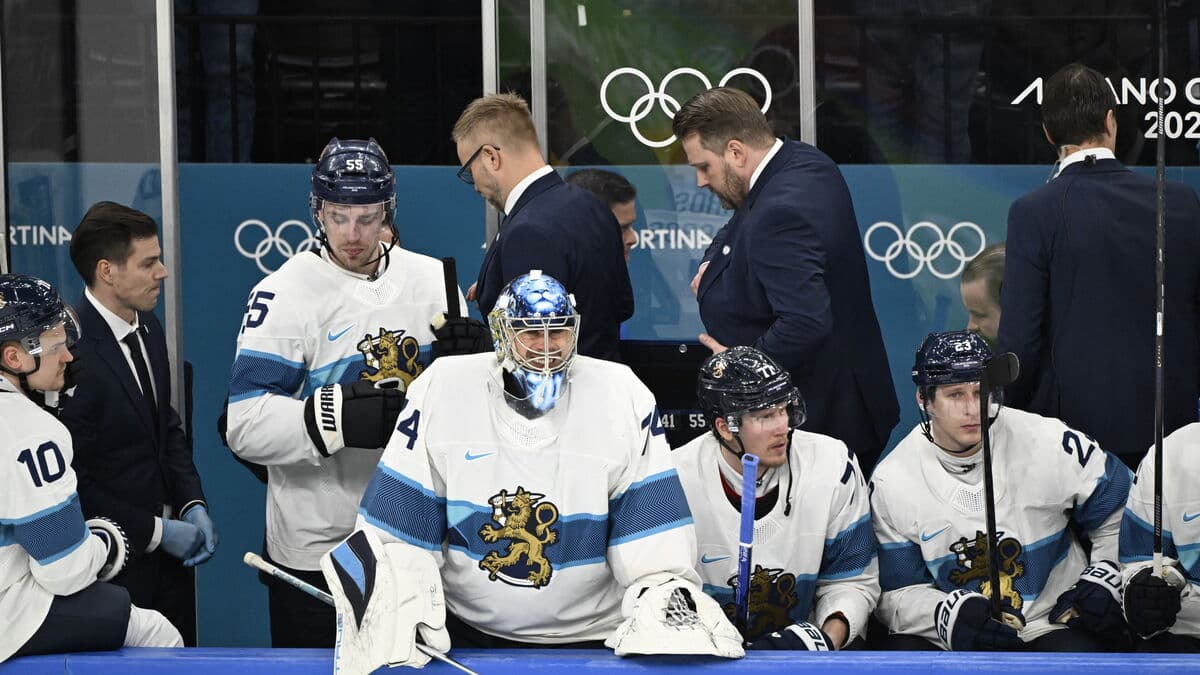Over the past two years, the water purification company Bluewater has seen an increased demand for purification plants from a new group:
Many city dwellers are acquiring their own purification plants for drinking water in their kitchens, often under the sink. They do not trust that the municipal water is clean enough. They are worried that it passes through old pipes with lead, or has a high PFAS content, explains Alexander Provins, the company's sales manager, to TT.
This type of customer is becoming more common, with several hundred per year, he says.
The purification technology in private facilities – reverse osmosis – removes PFAS chemicals and microplastics to a greater extent than municipal purification plants, he emphasizes.
"No reason for concern"
But Kenneth M Persson, professor of technical water resources at Lund University, believes in joint solutions.
Rather ask critical questions to your municipality about plans to remove PFAS, he says, but sees no reason to distrust the drinking water.
Our municipal drinking water is extremely controlled. It was through controls that high PFAS levels were detected. And in the municipalities where it is too high, they are now doing something about it, he says.
Before 2014, PFAS was not even included on the National Food Agency's list of substances to be measured in drinking water. Pär Dalhielm, CEO of Swedish Water, sees the concern about the quality of drinking water as unfounded.
If you are connected to municipal water, you should absolutely not spend money on your own purification plant. The drinking water is more controlled than ever, since the raw water has become dirtier, with pesticides and PFAS, he says.
Reverse osmosis purifies more than the technology used by municipalities, admits Dalhielm.
That process is too expensive to introduce in municipal purification plants and gives a large energy and climate footprint. Yes, you can do it on an individual level and get a more clinically clean drinking water. But we must trust that the authorities have set good limit values that we as a public actor meet.
Deferred pipelines
At the same time, Swedish Water has raised the issue of leaking pipeline networks and unsustainable costs for municipalities to purify drinking water. The sector is underfinanced by ten billion kronor per year.
The price of water will increase and be charged on the water and sewage tax. The state's interest in financing is minimal. The responsibility lies at the municipal level, where many have not taken responsibility, says Pär Dalhielm.
The state and municipalities must acquire a "blue roadmap" so that water services work even in 20-50 years, Dalhielm believes, and wants to see a government inquiry into how it should be financed.
In Sweden, there is no clear minister to demand responsibility from. Carl-Oskar Bohlin (The Moderate Party), minister for civil defense, has referred to rural minister Peter Kullgren (Christian Democrats), who in turn believes that the issue should be on the desk of climate and environment minister Romina Pourmokhtari (The Liberals).
TT has contacted the three mentioned ministers.
PFAS is a group of chemicals and stands for per- and polyfluoroalkyl substances, sometimes called highly fluorinated substances.
They are used in a variety of products, such as frying pans, clothing, food packaging, and fire extinguishing foam. They are often called eternal chemicals because they do not break down in nature and can be stored in the body.
PFAS substances are linked to, among other things, certain types of cancer, effects on the immune system, liver damage, cholesterol problems, and reduced fertility.
As knowledge about PFAS has increased, the limits have been lowered and cover more PFAS substances. From January 1, 2026, a new PFAS limit will apply, which has been lowered from 90 to 4 nanograms per liter of drinking water.
The total investment cost for Sweden to meet the new limit values is estimated to be six billion kronor. In addition, there is an annual operating cost of approximately one billion kronor per year.
A review from the National Audit Office earlier this year criticized the division of responsibility and the general lack of interest from the state's side when it comes to the drinking water issue.
Sources: Swedish Water, National Food Agency, and National Audit Office.






